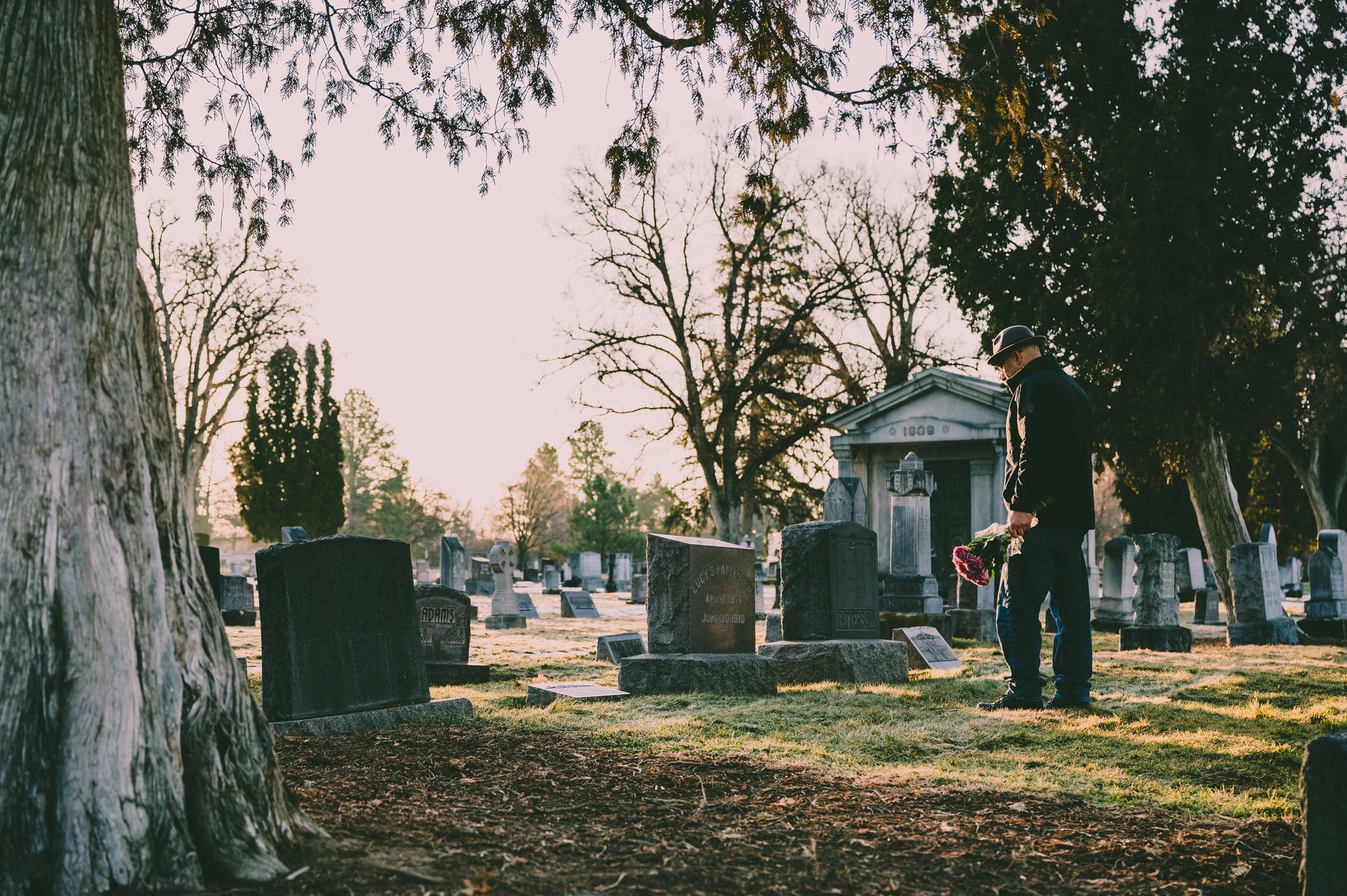Death is an inevitable occurrence. The concept of death is associated with religious beliefs, process of grief, hiding the truth from children, and fear about the time and manner of losing life. The article of Kübler-Ross entitled Fear of Dying and the article of Cousins entitled The Right to Death presented contrasting concepts about death. The article of Cousins is a clear manifestation that people have the right to free will and freedom to discontinue a life without purpose.

The article of Cousins focused on double suicide of the well-known president of Union Theological Seminary, Dr. Henry Van Dusen and his better half, Elizabeth. The couple was firm and bold in deciding to end their lives despite being a theologian, Henry was certain that committing suicide will not be against any moral principles. They both believed that they have the right to free will. Dr. Van Dusen had utilized his “free will to prevent life from becoming a caricature of itself was completely in character and sought to convince family that they were not acting solely out of despair or pain” (Cousins 210). The concept of right to die is also seen in the article of Kübler-Ross, the only difference was the farmer was given the dignity to die, dignity in the sense that he does not have to kill himself and he died with his whole family and friends surrounding him, his request has been granted without question as if he did die legally.
The freedom to discontinue life without a purpose
The freedom to discontinue life without purpose is evident in the article of Cousins. The article of Cousins focused on the argument of Dr. Van Dusen that it is a disaster to live a life devoid of purpose. Based on the letter of Dr. Van Dusen, they want to go with dignity, “death is not the greatest loss in life; the unbearable tragedy is to live without dignity or sensitivity” (Cousins 211). People should have the freedom to decide concerning their existence because they own their body and they have the right to choose however because of religious views, taking own life is considered unethical as life is given by God and it should be respected and nurtured. Dr. Van Dusen had expressed his reason for taking their lives given that stigma concerning suicide was very influential and prevalent in the modern society. Goldney explained that “feelings of stigma vary between studies and appear to be culturally-based; even where stigma is absent, feelings of shame arise due to rejection, and being the subject of gossip” (77). He was strongly cognizant that their demise will create intriguing news especially to his former organization wherein he was highly respected and honored by the members and other officials. Suicide remained to be a taboo even in the modern society and it is exceedingly despised by religious authorities and even by most people with different religious views.
In the article entitled Fear of Dying, it is contrasting to the article of Cousins, given that the person who is terminally ill or a patient being sent to emergency department has no choice to express personal opinion regarding own life. The choice to live relies on the relatives or family members, “when a patient is severely ill, he is often treated like a person with no right to an opinion” (Kubler-Ross 208). The right to dignity is no longer in his hands and he continued to bear the pain of undergoing numerous laboratory tests and medical procedures in order to survive. The thoughts and strong emotions of the dying patient are ignored by the families. Simmers noted that “health care workers must be aware that a dying person has rights that must be honored; Dying Person’s Bill of Rights stated, I have the right to die in peace and with dignity” (249). Modern technology and medical breakthroughs have immensely lengthened the lives of many patients however some patients are not willing to extend their lives as they are enduring too much pain. The unpleasant experience of dying and body deterioration has driven many patients to resort to dying instead of being subjected to various medical equipment and other strong medications to prolong their lives.
Death should be decided by the person who is about to face it and the privilege should not be given to relatives, friends, and not even in this government. A dying person should be given the privilege of free will to be able to discontinue life if one feels that it serves no purpose and is being neglected.
Works Cited
Cousins, Norman. “The Right to Die. New York: Pearson. 2014. Print.
Goldney, Robert D. Suicide Prevention. Oxford : Oxford University Press, 2013. Print.
Kübler-Ross, Elisabeth. On Death and Dying: What the Dying Have to Teach Doctors, Nurses, Clergy and Their Own Families. London: Routledge, 2009. Print.
Simmers, Louise. Diversified Health Occupations. Albany, N.Y: Delmar Publishers, 1993. Print.







